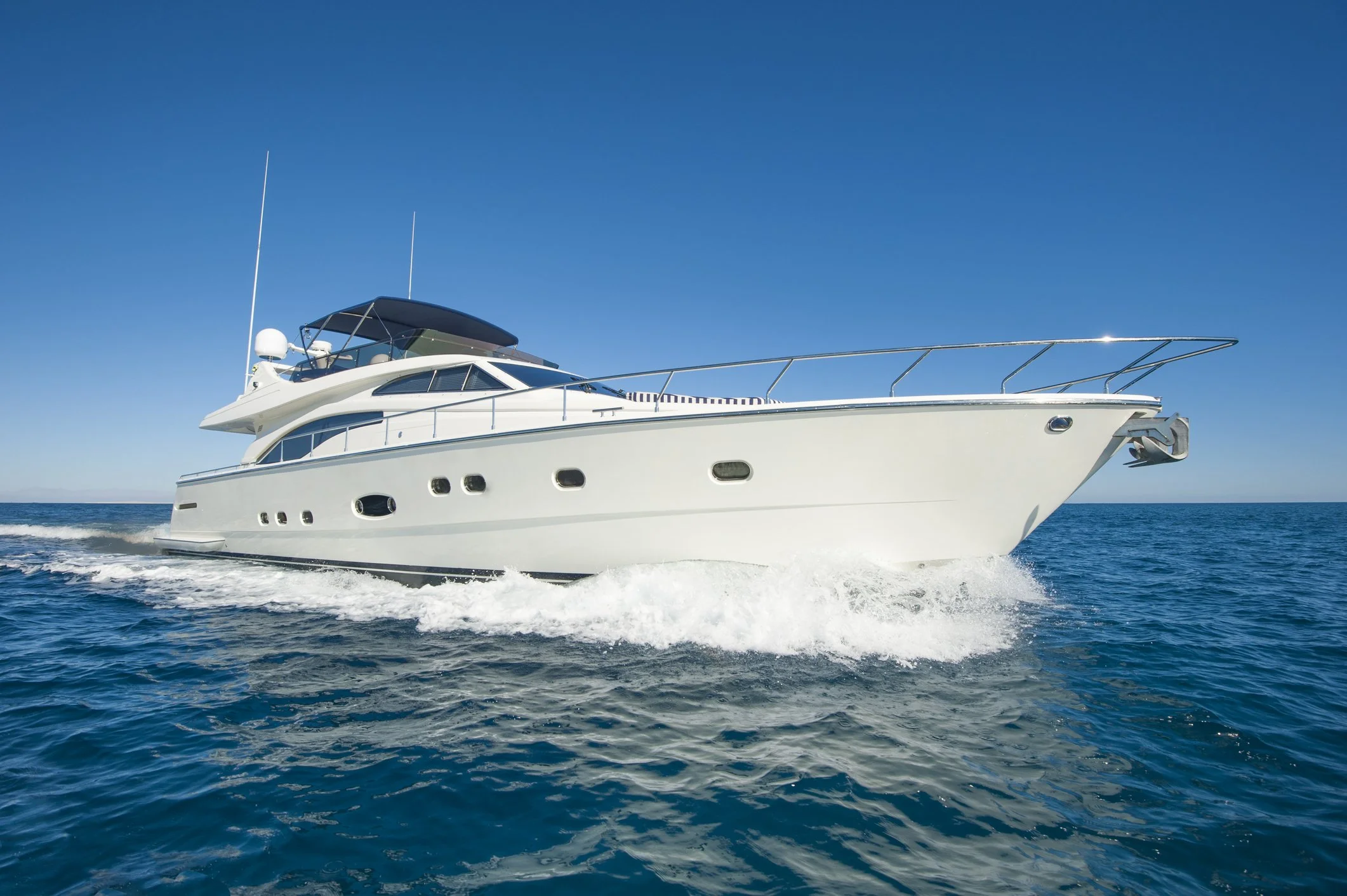We’re excited to welcome Austin Morton to the Navisure Insurance Group team. As our newest producer, Austin brings not only an attuned mind for coverage but also a passion for helping people understand the value of insurance in their everyday lives. With a background in personal lines and a growing focus on and interest in commercial insurance, he’s ready to make a meaningful impact for our clients in Michigan and Indiana.
A Grounded Start and a Focus on Growth
Originally from South Bend, Indiana, Austin moved to Hudsonville as a teenager and later attended Grand Valley State University, where he fell in love with the Grand Rapids area. After college, he gained professional experience in car sales and as a personal banker, two roles that sharpened his skills in client communication, relationship building, and financial planning.
Now licensed in Michigan and expanding into Indiana, Austin has spent the early part of his insurance career focused on auto, home, and life insurance. His current role at Navisure allows him to deepen his work in those areas while pivoting into commercial coverage. This is a transition he’s excited to make alongside our experienced team.
“I love that this is a small, tight-knit team with a clear vision. Corey and Troy each bring something different to the table, and I’m excited to grow within that structure.”
Insurance with a Personal Touch
What sets Austin apart is his commitment to making coverage conversations human and relevant. When working with a new client, he always starts with a conversation about what really matters, whether that’s budget, risk tolerance, lifestyle, or all three. One client may be looking for the lowest possible deductible. Someone else may have more complex financial exposures (like teen drivers), so Austin takes time to educate and understand his clients’ needs.
“As people grow personally and financially, their insurance needs change. Liability coverage plays a bigger role in protecting what they’ve worked hard to build.”
Austin sees the role of an independent agent not just as someone who can shop across carriers, but as someone who can translate insurance. His job is to break down the jargon and build policies for clients that make sense for their lives.
Standing Out in a Crowded Field
In an industry still dominated by large captive agencies and aging leadership, Austin is part of the next generation. He’s committed to doing business in a way that fits the modern client: meeting in person or online, texting if that’s preferred, and always staying available.
He’s also intentional about the kind of agency he’s joining.
“Navisure is a younger agency with vision. I love that I’m joining this business as it’s growing. This gives me a chance to help shape where we go next.”
Working alongside Corey’s leadership in commercial insurance and Troy’s expertise in claims, Austin sees the value of a collaborative team where everyone plays to their strengths.
The Road Ahead
As Navisure continues to expand its commercial offerings and client base across Michigan and into Indiana and beyond, Austin will be helping individuals and businesses protect what matters most. He’s eager to bring value not only through product knowledge, but through relationships that last.
Please join us in welcoming Austin Morton to the Navisure team. We’re proud to have him on board!

COREY VANDERMEER | PRESIDENT
Corey started his insurance career in the claims department for a national carrier and learned the basics of insurance coverage and how it’s applied. From there he decided to take the jump into sales and joined an independent insurance agency. Here he learned how to build coverage around the needs of each individual and cater to every client. When Corey decided to start an insurance agency he did so with the intention of simplifying the process of getting insured. With a focus on technology and simplicity; his goal was to create an insurance agency that was different from those currently dominating the market place.
When he’s not working, Corey enjoys golfing, fly fishing and spending time with his wife and kids. Together they enjoy traveling to Northern Michigan and to his wife’s hometown of San Francisco.





